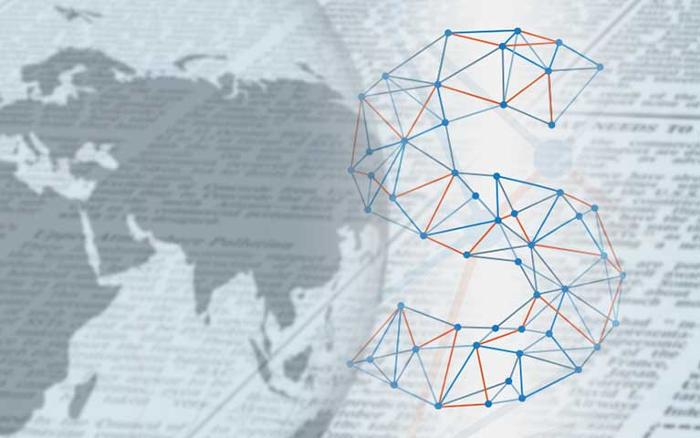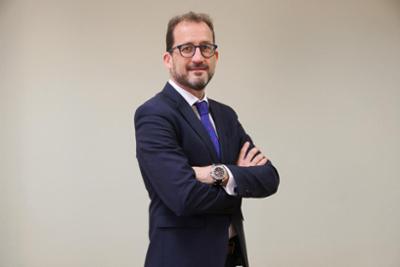

Antonio Díaz Ruiz (AESPLA): Risks relating to new employment dynamics have emerged rapidly
In recent years, psychosocial risks such as chronic stress, burnout and mental health problems relating to new work dynamics have emerged rapidly, and Antonio Díaz Ruiz, President of the Spanish Association of Occupational Health and Safety Services (AESPLA), warns of new challenges arising from technological progress.
How has occupational health and safety evolved in Spain and where does it stand today?
Health and safety in Spain has come a long way since Law 31/1995 was passed, which marked a turning point in the country's preventive culture. Over these 30 years, we have moved from a reactive approach to a much more proactive and holistic approach, where the well-being of the worker is at the centre.
Today we are in a moment of transformation. The Covid-19 pandemic has tested the resilience of our organisations, forcing us to adapt quickly to new risks, ways of working and social expectations. AESPLA has lived through this process from the inside, consolidating its role as a representative voice for the sector, especially through the process of joining the Spanish Confederation of Business Organisations (CEOE). The present situation requires us not only to comply with regulations, but also to anticipate and generate strategic value from prevention and well-being at work.
What new risks have emerged in recent years and what challenges will the sector face in the future?
In recent years, psychosocial risks such as chronic stress, burnout and mental health problems related to new work dynamics like remote work, permanent connectivity, social isolation have emerged rapidly. Challenges also arise from technological progress, such as automation, artificial intelligence and ethical data management.
Looking to the future, we must be prepared to manage a more digital, interconnected and demanding workplace ecosystem. This means constantly reviewing our prevention models, developing new skills in the sector's professionals and reinforcing a holistic vision of occupational health and safety that integrates the physical, mental and social aspects from an organisational perspective.
How does prevention influence workers' health and well-being at work?
Prevention not only reduces accidents or illnesses; it directly influences the quality of life and the motivation of the worker. When strategically integrated, it becomes a lever for well-being and productivity.
At AESPLA we are committed to a comprehensive vision of health, where the promotion of healthy habits, emotional management and the design of safe working environments go hand in hand. Instead of pathologizing or over-medicalizing mental health, we must foster a culture of prevention that strengthens self-care and minimises risk factors at the root, especially those of an organisational nature.
What role does the exchange of knowledge between the different institutions and entities involved in prevention play?
The sharing of knowledge is the driving force behind innovation in prevention. AESPLA has demonstrated that collaboration between companies, universities, public institutions and international organisations generates a real and measurable impact on the improvement of working conditions.
Through our collaborative working structures, we have shared best practices, learned from our mistakes and multiplied the value of preventive solutions. For example, during the pandemic, this network of cooperation was key to responding quickly and efficiently. Today more than ever, we understand that prevention is a collective project, not an isolated effort.
AESPLA celebrates its 25th anniversary this year. How does the association help improve occupational health and safety in Spain?
Since it was founded in 1999 by five visionary companies, AESPLA has grown to 46 member companies that protect over half a million workers in Spain. Our greatest achievement has been to consolidate a model based on collaboration, technical rigour and shared generosity.
Over those 25 years, we have been a space where the In-house and Joint Health and Safety Services have been able to share their real experiences, implement technological advances, and approach prevention from a strategic and sustainable perspective. The integration of mental health, the development of soft skills in H&S officers, health promotion and the ethical use of AI in the workplace are just some of the many challenges we are actively working on.
In terms of our vision for the future, we are committed to continuing to act as an agent of change, anticipating emerging challenges, promoting the training and development of professionals in the sector, and promoting working environments where the health and safety and well-being of people are the true drivers of business sustainability.





